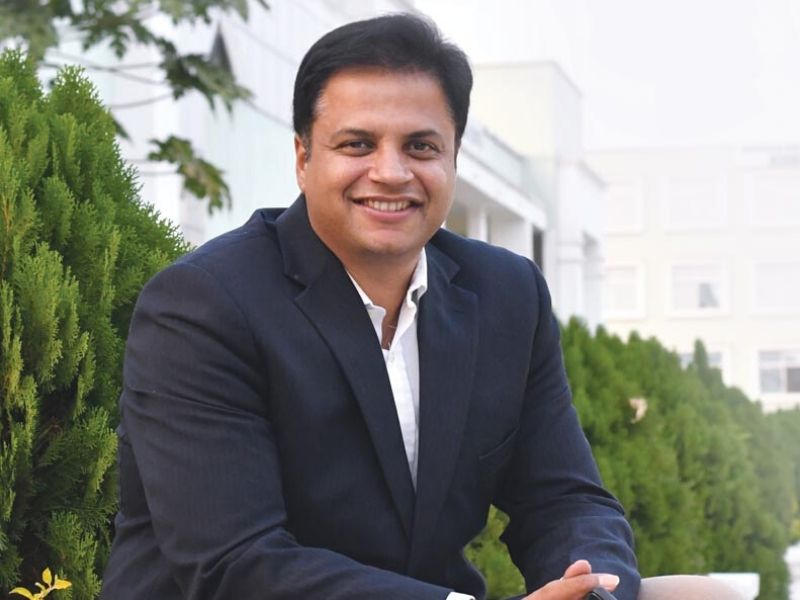 Siddharth Chaturvedi
Siddharth Chaturvedi
Executive Vice President, AISECT group
An engineering and business management alum of NIT, Bhopal, and S.P. Jain Institute of Management & Research, Mumbai, with five years of work experience in blue-chip corporates (ITC, IBM), Siddharth Chaturvedi assumed charge as executive vice president of the family-owned AISECT Group (estb.1985) of higher education institutions in 2009. AISECT Group manages 23,000 skills centres in 517 districts countrywide, and five universities in Madhya Pradesh, Jharkhand, Bihar and Chattisgarh with an aggregate enrolment of over 100,000 students.
The COVID-19 crisis has majorly disrupted the education system. How has AISECT Group including your universities and skills centres responded to this challenge?
Thanks to our familiarity with digital learning platforms, we were able to maintain learning continuity for all our 100,000-plus students. Since April, our faculty has been conducting live lectures from our skilling centres countrywide with students also given access to a large repository of digital resources including project assignments, question banks and quizzes.
Moreover, to enable smooth conduct of term-end exams for a number of study programmes, we signed up with Eduvantage Pvt. Ltd, a Delhi-based assessment and certification company. virtual placement drives and career and personality development webinars have also been organised for graduating students. Moreover, our association with Galway (Ireland)-based Alison Free Online Learning has given our students access to over 2,000 Moocs (massive open online courses) on our online learning platform aisectmoocs.com.
What are the major challenges confronting Indian skills education in the Covid era?
For hands-on skilling courses such as welding, automotive technicians, electricians, plumbing, etc, there is little or nil availability of standard digital content. It is also difficult for faculty to assess and certify the skills of such students online. Moreover, the demand for some jobs may fluctuate in the post-Covid era, adversely affecting our students’ future. This has compelled us to re-evaluate several job roles and prepare curricula for new skilled jobs.
What are your top 3 proposals for reforming higher education in India and especially skills education?
• Curriculum revamp. Higher education in India attaches too much importance to textual knowledge delivered in classrooms. For effective professional development, restructuring curriculums to include deep engagement of students with industry experts is absolutely essential.
• Incorporating technological advancements. Embracing the latest ICT advancements in knowledge dissemination is the prerequisite of skills development and vocational training.
• Blended learning. Promoting a culture that integrates skills development with traditional academic curriculums will result in a larger skilled workforce.
What are your future plans for AISECT?
Our current focus is to accelerate digital online learning in rural and semi-urban India for whom we are designing high quality content. In addition, we are working on providing last-mile connectivity for services and products delivery using AISECT channels. Expansion of our network of multipurpose kiosks is also on the agenda.























